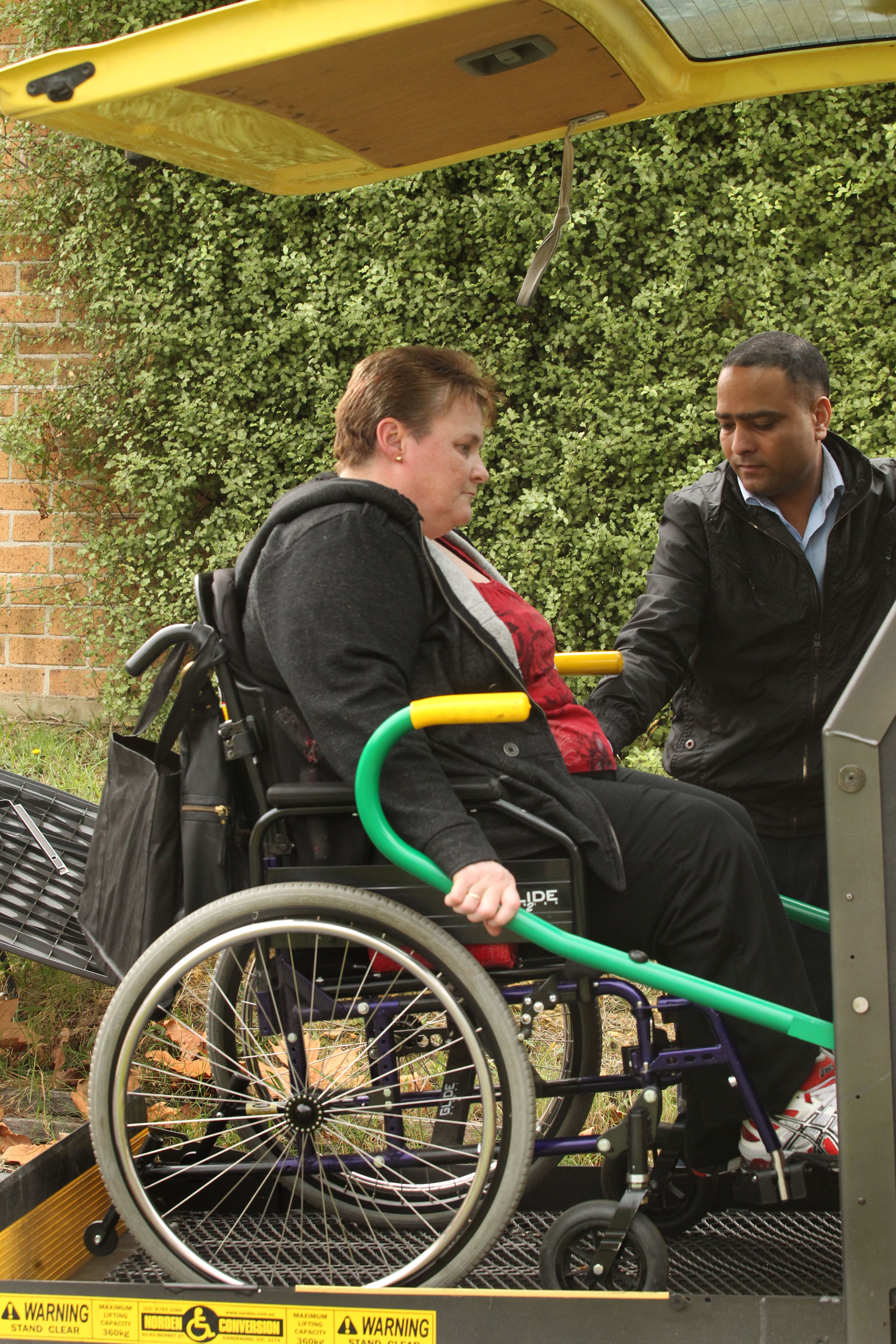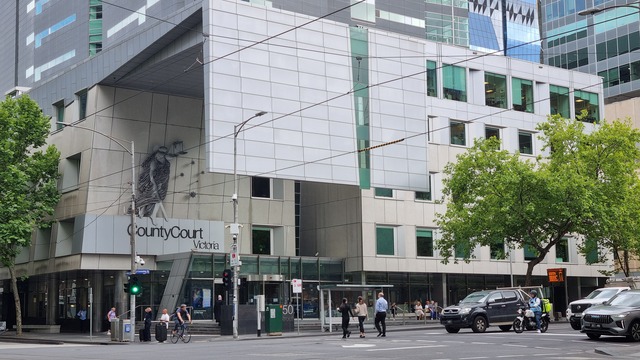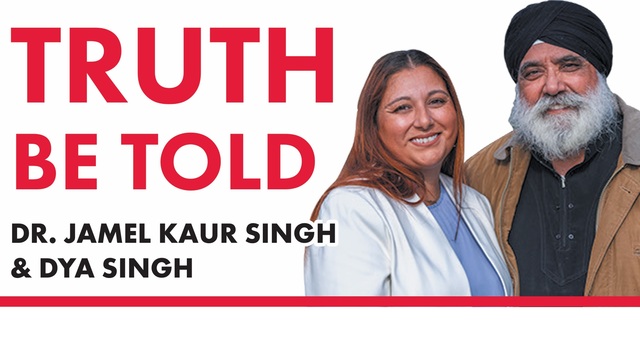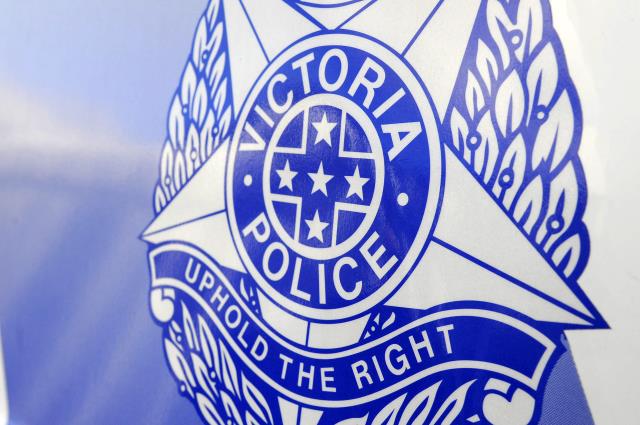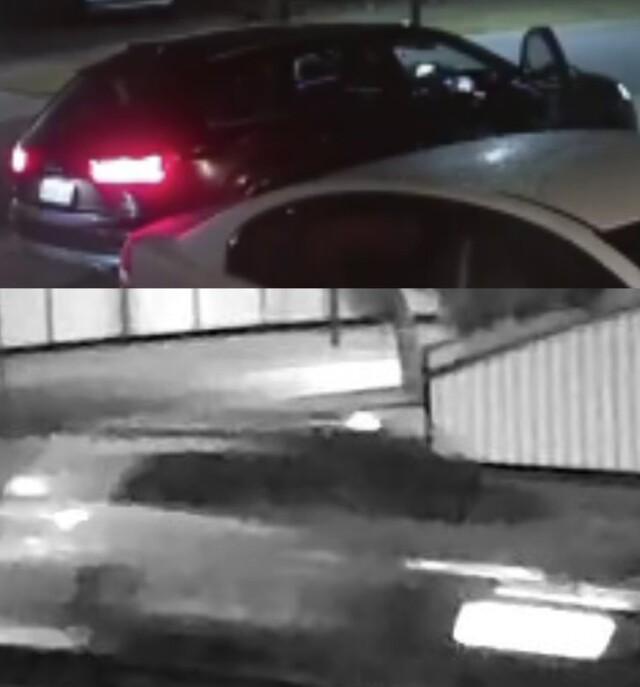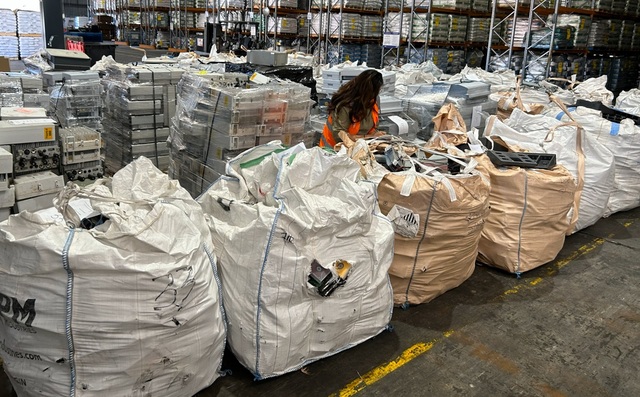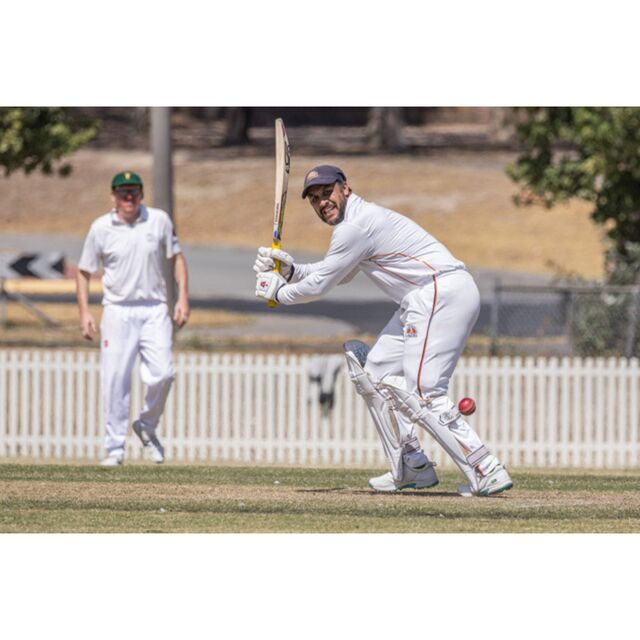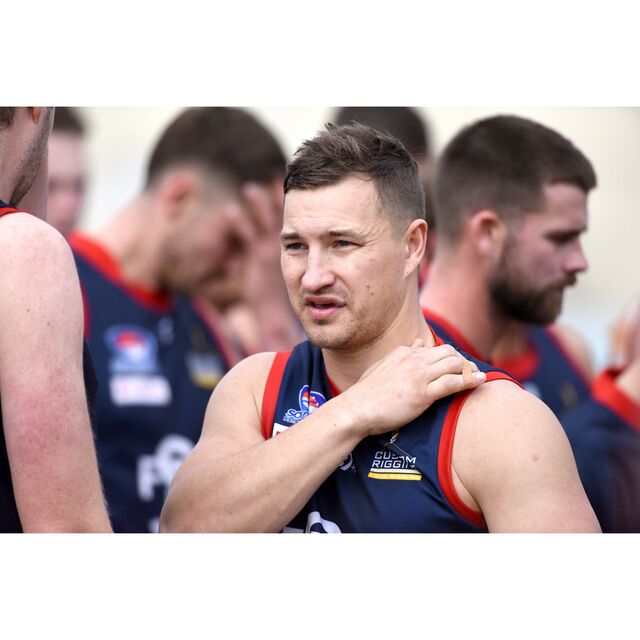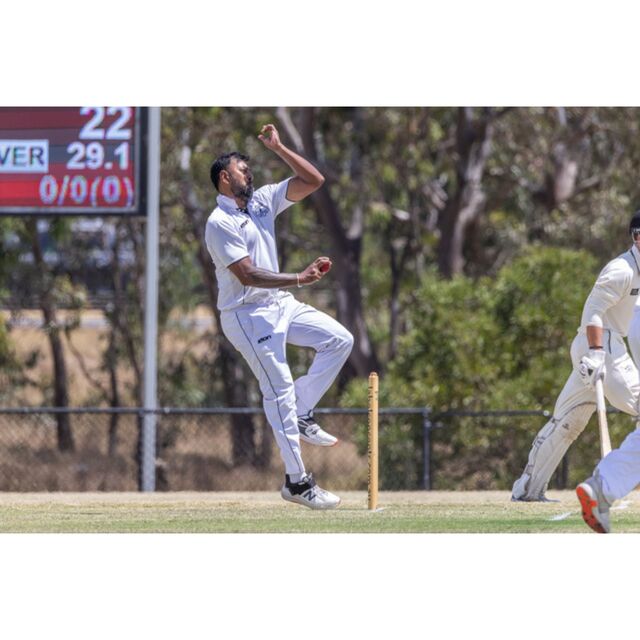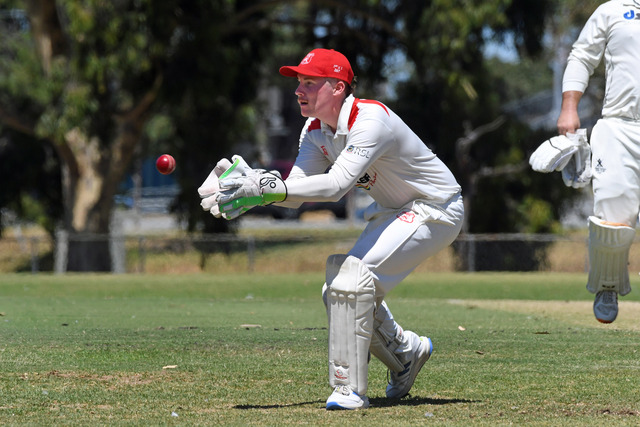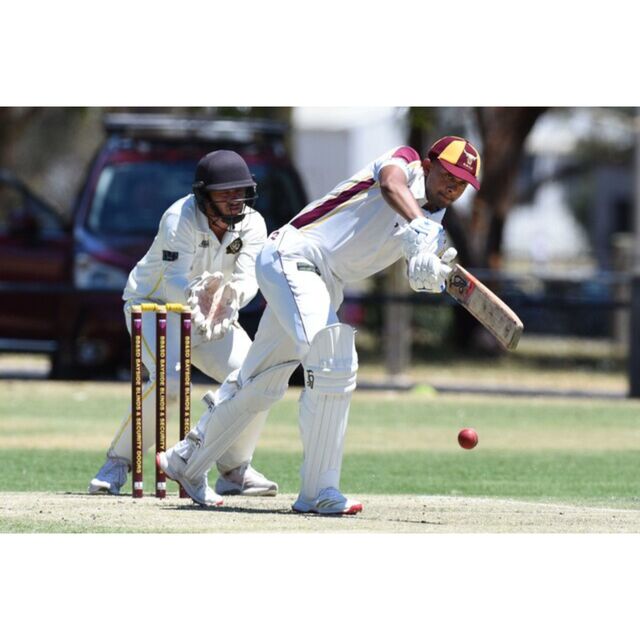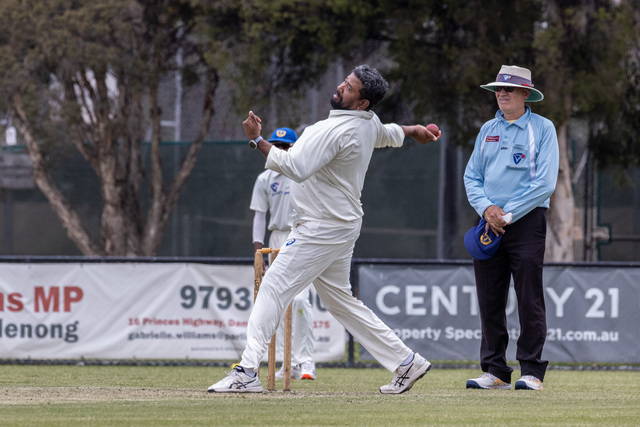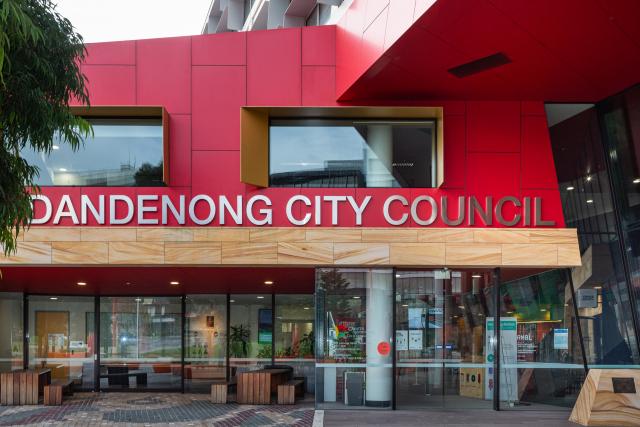By CAMERON LUCADOU-WELLS
WHEELCHAIR-taxi passengers in Melbourne’s south-east are unsure if their torturous waits for cabs will end after last week’s announcement of sweeping reforms to the taxi industry.
Sharon Harris, of Dandenong, was refused a ride by a station wagon cab driver outside Dandenong Plaza last Tuesday.
Her wheelchair folds up and its wheels can be detached into a package that would comfortably fit in a regular car’s boot. Yet she claims the driver didn’t budge from his seat to try.
“I couldn’t say how many times it’s happened,” Ms Harris said, recounting a five-hour wait for a cab outside a post office last year.
Shaunagh Stevens, of Beaconsfield, was marooned at Fountain Gate shopping centre for more than three hours waiting for a cabbie who didn’t return.
Since then, she has got to know a reliable cabbie who she can call directly. Otherwise she books 48 hours ahead to ensure she gets a wheelchair-accessible cab, avoiding the ‘school run’ times when they’re booked up — “if I don’t book in advance, I can’t get a cab”.
Under the state government’s response to Allan Fels’ taxi industry report, a central booking register for wheelchair-accessible taxis will be set up to cut down on waits in the metropolitan zone, which doesn’t include Dandenong and the south-east.
Instead, an incentive system that subsid-ises cabbies who pick up wheelchair passengers will continue in Greater Dandenong but be reviewed within a year.
Disability Resources Council chairman Frank Hall-Bentick said improvements wouldn’t happen until Dandenong was included in the central booking register.
“It’s where you ring the one number and all the cabs are under the Taxi Commission’s control. One problem with local providers is they don’t take responsibility to fill the vacancies.
“If we get the closest driver to do the job, this would solve 99 per cent of the jobs.”
Dandenong Taxis’ 98-car fleet covers the south-eastern ‘Dandenong zone’. Of those 98 cabs, 19 are wheelchair accessible. General manager Paul Smith said the number was enough for current demand.
He said he had “not really” had many complaints from wheelchair passengers but supply could be short during certain times.
“There’ll be 98 cars out there in the middle of the day, but not on Monday, Tuesday, Wednesday nights — it’s not viable to have taxis out at that time.”
Under state government reforms, the once-exclusive Dandenong zone will become part of an ‘urban’ zone including Frankston and Mornington Peninsula.
Cabs will be able to cross zone boundaries, picking up and dropping off customers in a buffer zone “no less than five kilometres” on either side of the boundary.
Under the current zoning system, taxis in Dandenong are limited to their own zone. Cabbies often refuse to take fares across zones because they aren’t allowed to collect a return fare.
Taxi licence prices — currently more than $300,000 — will fall steeply. In Dandenong, a conventional licence will cost $17,000 and a wheelchair-accessible taxi licence $13,400. Metropolitan licences cost $4000 more.
What do you think? Post a comment below.

